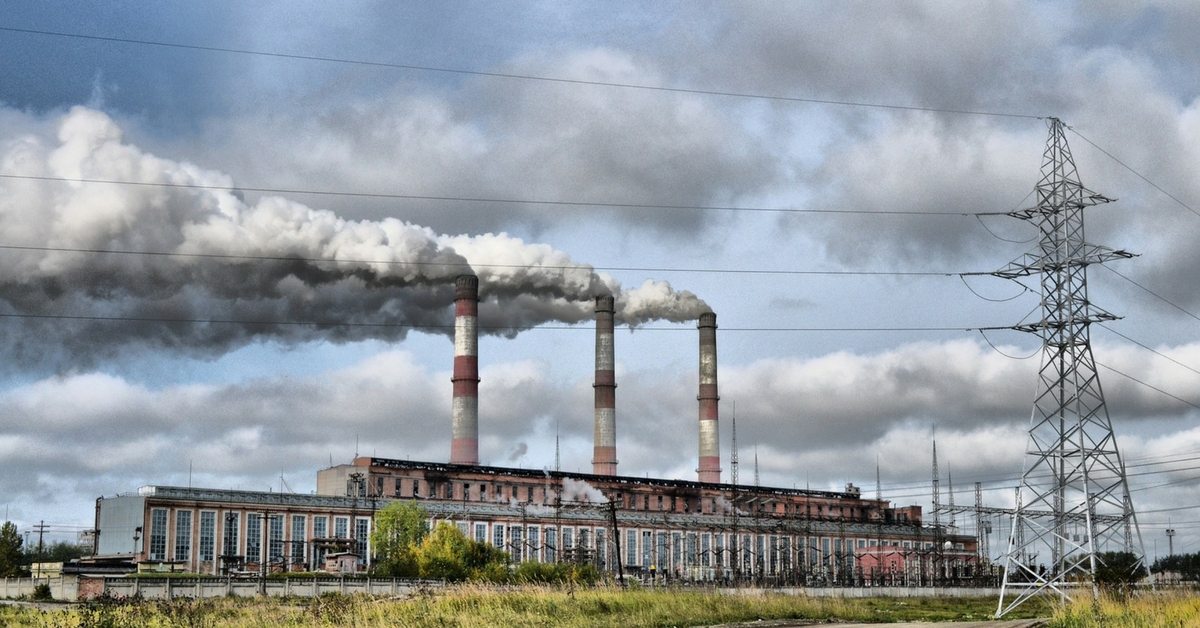Environmental Exposures Have Greater Impact on Gene Expression than Ancestry
Environmental exposures, coupled with genetic variation, influence disease susceptibility, and deconstructing their respective contributions remains one of the principal challenges in understanding complex diseases.
Individuals with different genotypes may respond differently to
environmental variation and generate an array of phenotypic landscape. Such gene-by-environment interactions are thought to be pervasive and may be responsible for a large fraction of the unexplained variance in heritability and disease risk.However, a new Ontario Institute for Cancer Research (OICR)-led research has found that environmental exposures, including air pollution, affect gene expressions associated with respiratory diseases much more than genetic ancestry.
The work provides a unique window into how environmental exposures can switch various genes on or off, creating a gene expression signature that may interact with or override other inherited factors and even offer an early signal of future health problems.
To study the impact of geography on health, the researchers investigated RNA-seq data from a subset of approximately 1000 individuals in a biobank called Cartagene, a growing database of biological samples and health data from approximately 43,000 Canadian residents between the ages of 40-69.
A relatively small group of French settlers came to Quebec in the 1600s and founded a new colony. Some of them left and founded Montreal, while others went north to a town called Saguenay. Because travel was so difficult in the brutal cold, the populations were quickly isolated, leading to genetic bottlenecks.
This resulted in genetic signatures that reveal not only if someone is of French Canadian origin, but also the specific town of their ancestors. Since then, some French Canadians from Montreal moved to Quebec or Saguenay, or vice versa, creating a natural reciprocal transplant experiment that enabled the researchers to explore how genetic ancestry and location determine gene activity.
The researchers found a larger effect from current geographical location: genetic Montrealers living in Montreal had gene activity that was more similar to that of other residents of Montreal than to genetic Montrealers living in Saguenay, for instance.
“By looking at the reciprocal transplant, we can say that people in the same environment, even if they have a different genetic background, have very similar gene expression in the blood,” said Marie-Julie Favé, a postdoctoral fellow at University of Montreal and the Ontario Institute for Cancer Research, who led the research.
“We were surprised to find that we were able to stratify genetic ancestry within Québec, identifying individuals whose descendants were from Montreal versus Saguenay for example. This helped us to show how most gene expression is not derived by ancestry, and that environmental exposures associated with living in a particular city or region are more impactful on gene expression associated with disease traits than heritable variation” said Dr. Philip Awadalla, senior author of the study.
One of the main findings of the study was that exposure to higher levels of particulate matter and nitrous dioxide in the Saguenay area affected the expression of genes associated with oxygen pathways and respiratory function. This resulted in higher rates of respiratory ailments such as asthma and chronic obstructive pulmonary disease (COPD). The study also revealed that there are genetic variants that control how a person’s gene expression responds when exposed to environmental stimuli.
“Our study shows how one can use the large scope and scale of data in Canada’s largest health cohort to better understand how our genes interact with environmental exposures and shape individual health,” says Awadalla. “I encourage all those engaged in this type of research, both in Canada and around the world, to take advantage of this resource.”































